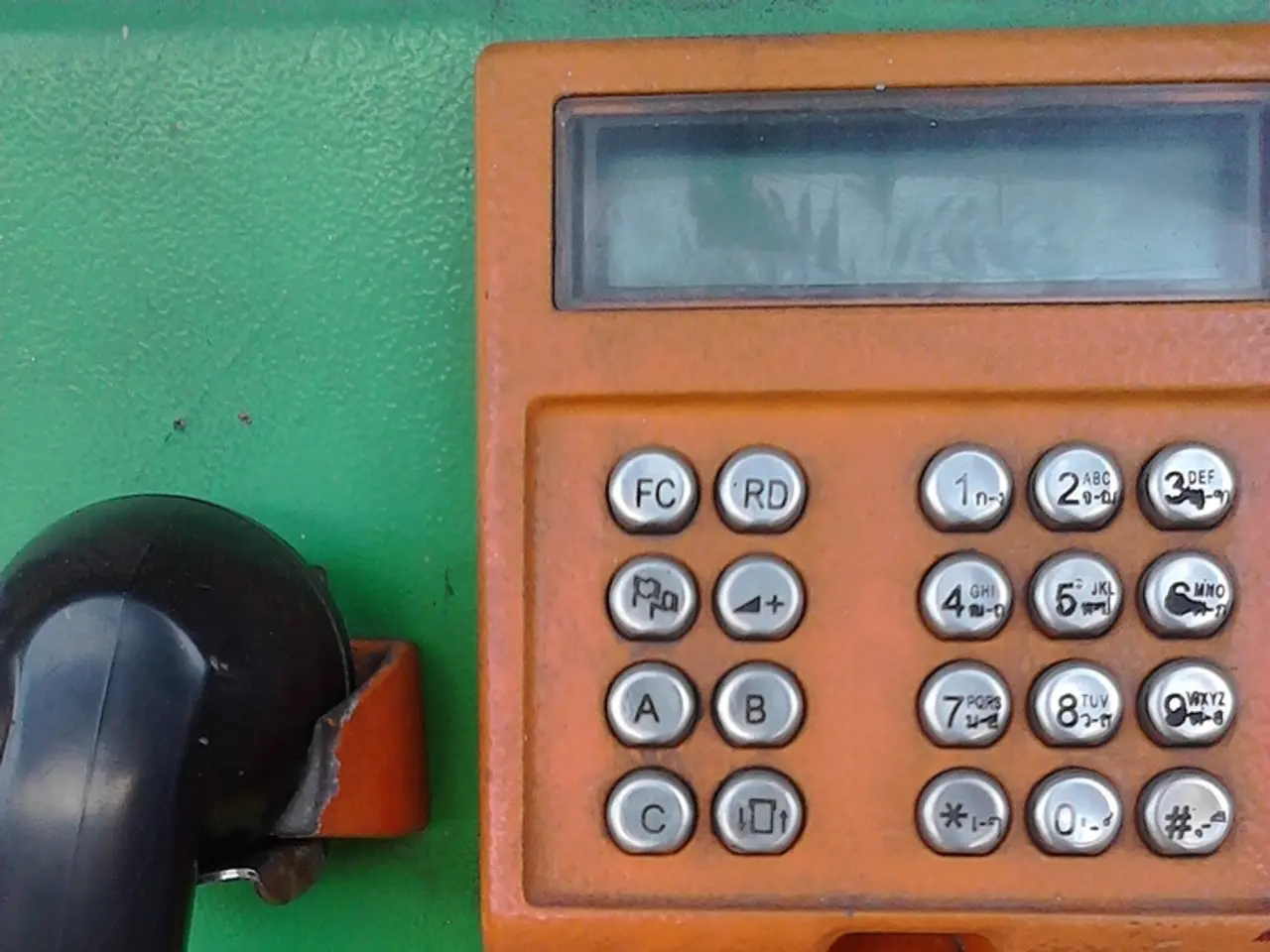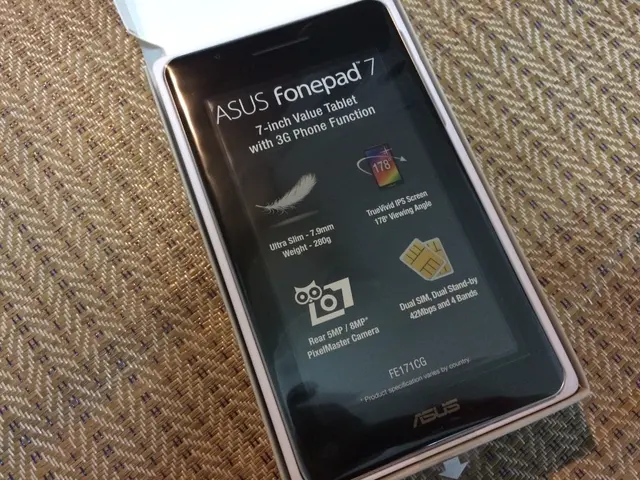AOL's traditional dial-up internet service discontinues operations
In the early days of the internet, AOL (America Online) was a pioneer, introducing many to the digital world. Launched in 1991 by Steve Case, AOL was the biggest name in dial-up internet, reaching over 30 million subscribers and nearly 40% of US internet users at its peak.
For those who remember the 90s, the sound of the AOL dial-up connection - static, chirps, and pings - is a nostalgic reminder of a bygone era. Early users paid an hourly rate for this service, which was a significant part of the early internet era. AOL offered a variety of tools such as online games, chat rooms, news, sports, and entertainment, making it a one-stop destination for internet users.
However, the dial-up connection had its limitations. The home phone line was unavailable for calls during use, causing inconvenience for many. Search engines were in their infancy during AOL's popularity, with Google launching in 1998. The speed of AOL's dial-up internet, by today's standards, is considered incredibly slow.
The widespread adoption of broadband and constant connections led to a decline in dial-up usage. Today, fewer than 300,000 people in the US still use dial-up internet. Despite the nostalgia, most people are not willing to give up their high-speed broadband or 5G connections for dial-up.
AOL provided free trials on disks and later CD-ROM discs to introduce people to the new technology. Parents often had to wait until their children were asleep to use the internet due to the phone line issue. The dial-up internet service is available only in the US and Canada.
AOL's dial-up service will cease on 30th September 2025. While the era of AOL's dial-up internet may be coming to an end, its impact on the internet and the lives of millions cannot be understated. It was a precursor to modern internet connections, providing an easy way to connect where broadband was unavailable. Its legacy continues to live on, reminding us of the early days of the internet and the incredible progress made since then.
Read also:
- Cybertruck's Disappointing Setback, Musk's New Policy, Mega-Pack Triumphs, Model Y's Anticipated Upgrade Prior to Refresh (Week of January 25 for Tesla)
- Haval H6 Hybrid Analysis: Delving into Engine Performance and Fuel Efficiency
- Tesla broadens its Indian footprint with a new showroom and Supercharger establishment
- Vans returning, allegedly?







